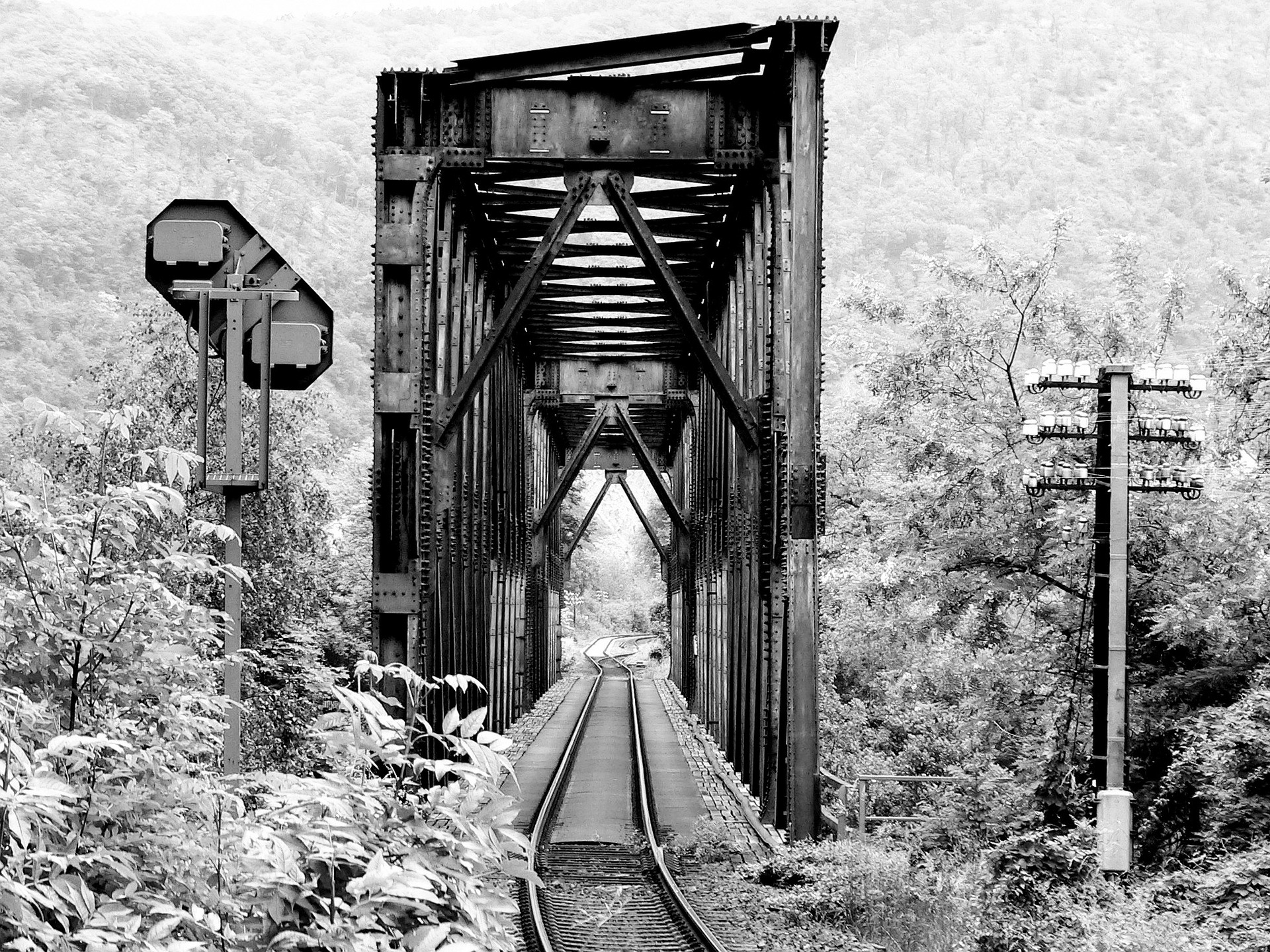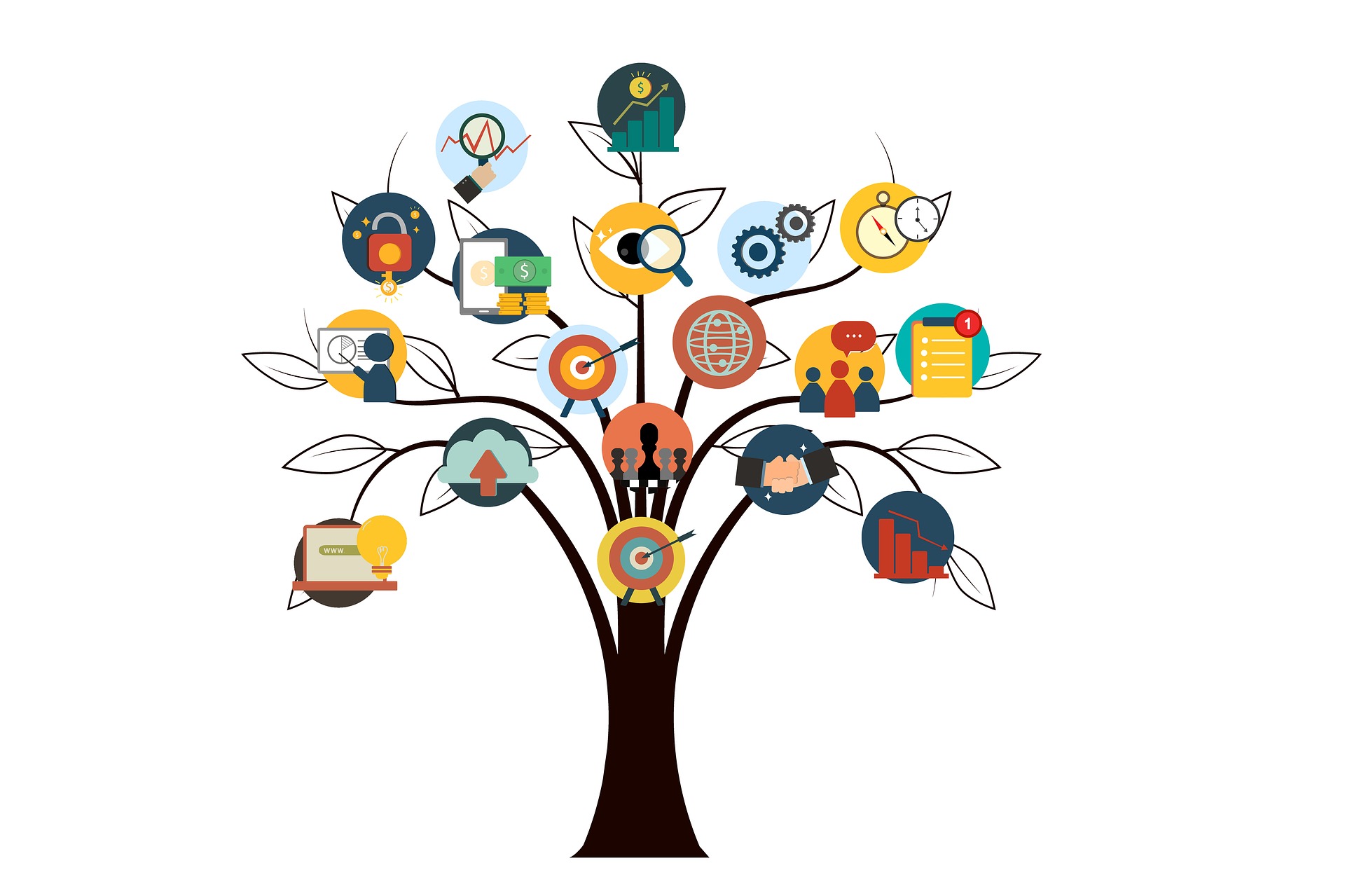
The lost art of bridge building?
By Sarah Mason
French diplomat and political scientist Alexis de Tocqueville once wrote that citizens who engage in “overlapping civil society networks”— those who have networks with different interests, perspectives and backgrounds—develop identities that bridge social divides and help foster trust, respect, and understanding.
We see evidence for this theory in Diana Hess and Paula McAvoy’s research on The Political Classroom. Their research suggests that when young students are regularly exposed to those who think differently—and have opportunities to discuss controversial political issues—they develop a stronger capacity for civic engagement.
De Tocqueville’s theory is also the foundation for many study abroad programs, like AFS Intercultural Programs. When you can put names and faces to people who live across the globe, “different” becomes less associated with “strange” or “foreign” and becomes just one of the many varied parts of life. People remain people, wherever and whoever they are.
Our world needs more bridge builders.
Evaluators as bridge builders?
As I re-read some of de Tocqueville’s writing recently, I thought (unsurprisingly) of evaluators.
If ever there was a group of professionals with the potential to connect with “overlapping civil society networks” it is us. Each year we might connect with policy makers, teachers, health professionals, CEOs, foster kids, social workers, people living on disability….the list goes on. The diversity of our work is a rare gift in a world that increasingly encourages, and creates the conditions that perpetuate, siloed ways of living.
But are our relatively brief encounters with different clients and communities enough to forge identities that help bridge divides? How often do evaluators really engage with those who have diverging—even opposing—views to their own? How often do we seek them out so we might, perhaps, understand more about peoples’ interests, perspectives and backgrounds?
Bridges to Deliberative Democratic Evaluation
Ernest House’s work on deliberative democratic evaluation encourages an approach to evaluation that prioritizes engaging diverse voices so the full range of values can be represented. Fishkin and Diamond’s research on facilitating political dialogue also shows that consensus is more likely when we listen to stories about other people’s lives.
Taken together, these suggest there is value in considering bridge building as a potential task for evaluators.
Give yourself a gift
Over the holidays, I read Jennifer Barclay’s book, Falling in Honey, in which she shares her story about moving to Greece. (Yes, nearly twelve months stuck at home has given me an insatiable urge to watch and read as much as I can about the world at large!)
In Falling in Honey, Jennifer describes how, during a time of personal crisis, she gave herself three gifts: one of which was spending a month on a remote Greek island so she had time and space to recuperate and reimagine what her life might look like.
Channeling Jennifer, I have decided to give myself a gift in 2021: the gift of pursuing diversity. That is, actively pursuing connections with people from de Tocqueville’s “overlapping civil society networks” in the hopes that, as an evaluator, I may be able to use these connections work to help foster trust, respect, and understanding. Also with the hope that this might lead to trusted, values-engaged evaluation practice.
What about you? What do you see down the road for evaluators and the lost art of bridge building?



